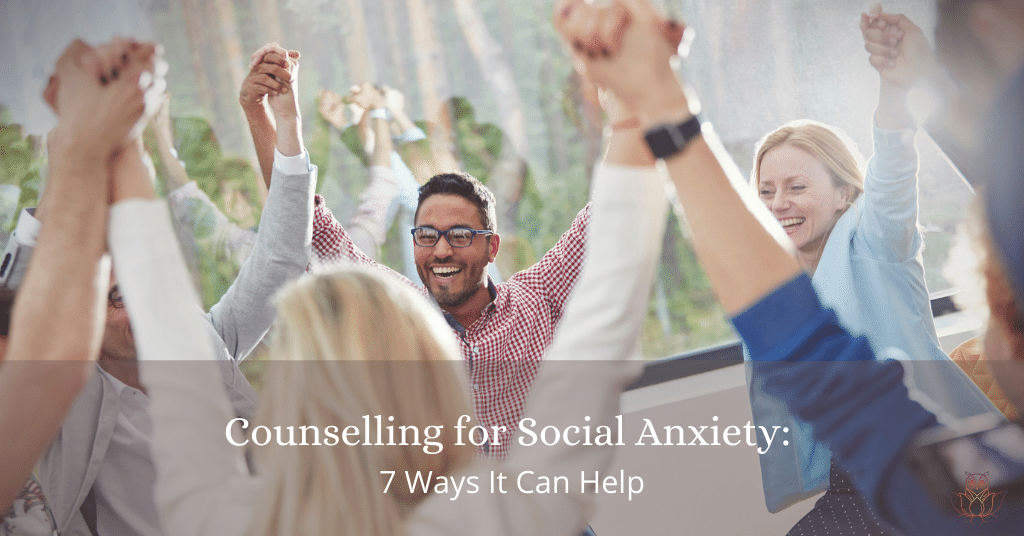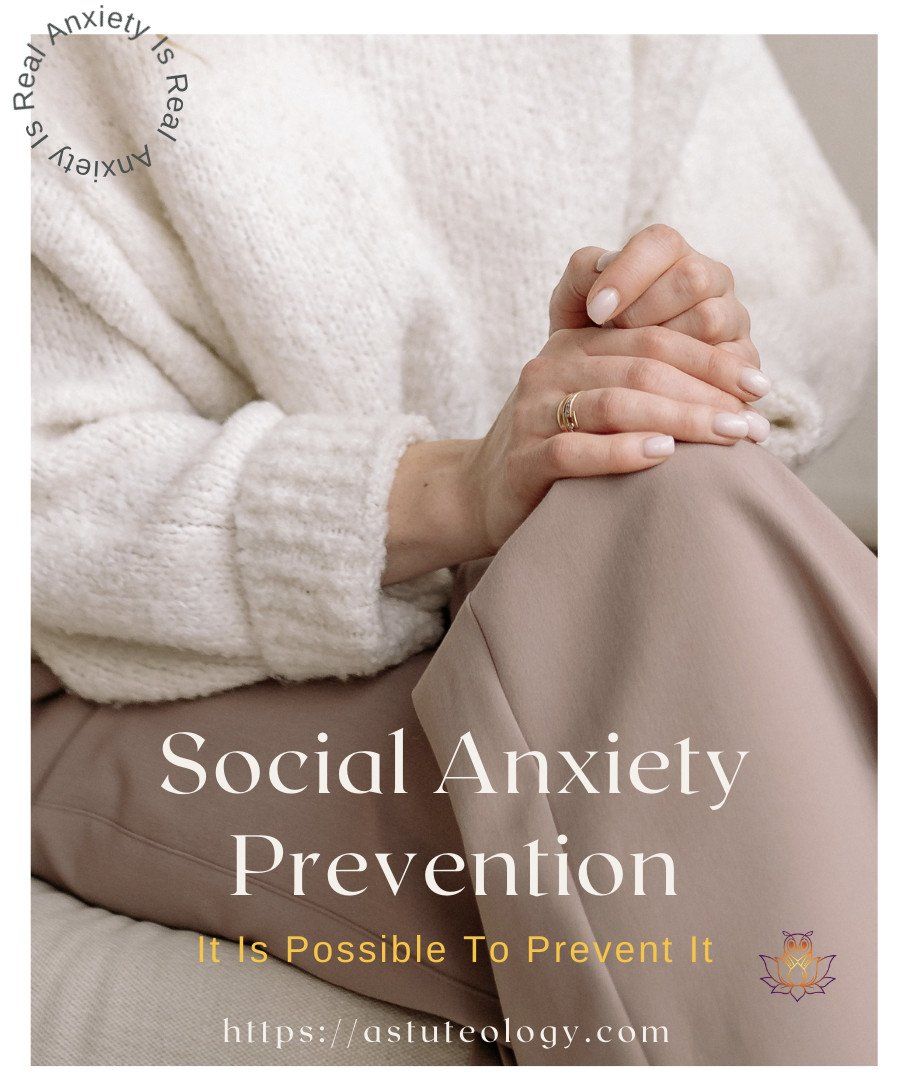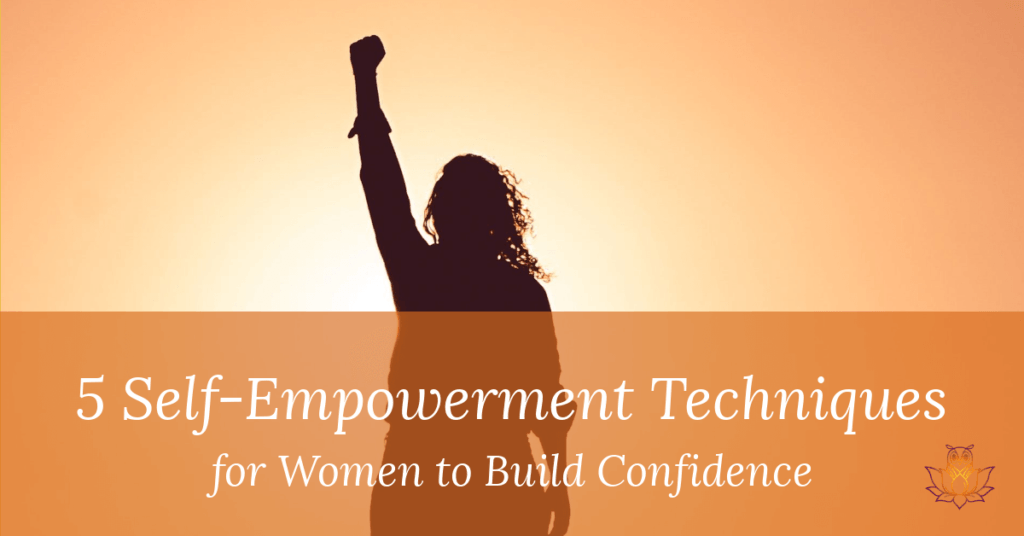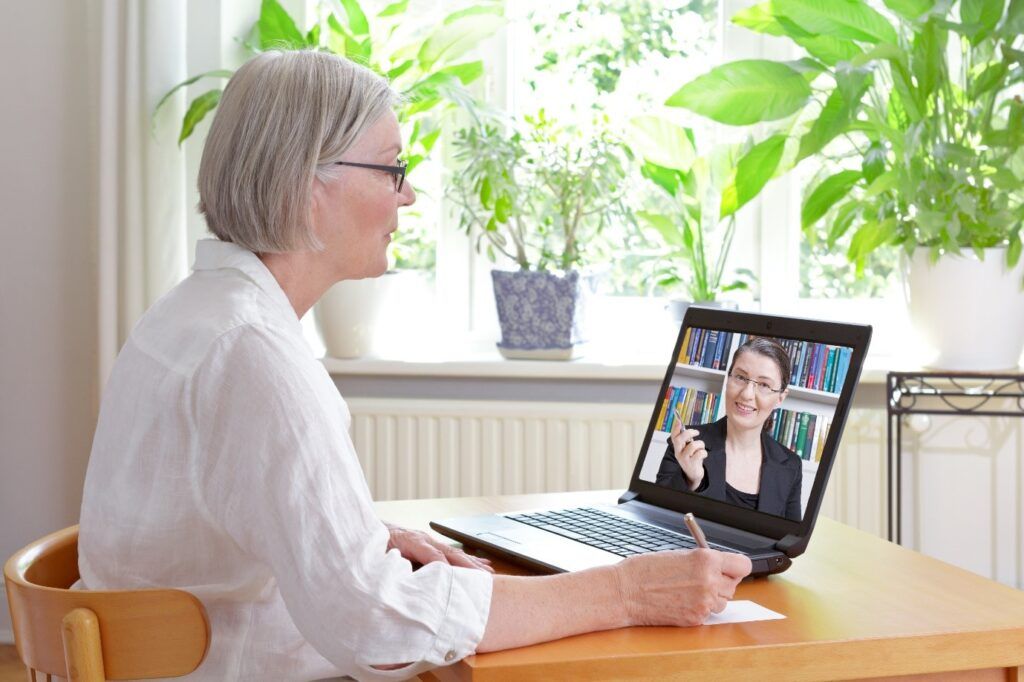Counseling for Social Anxiety: 7 Ways It Can Help

Counseling is often one of the most effective ways to treat psychological issues, including social anxiety disorder (SAD).
Social anxiety can often lead to isolation or loneliness, which is why the real human interaction and support that counseling offers can be incredibly powerful.
Social anxiety affects millions of people worldwide, but it doesn’t have to take over your life. And with the right help, you can overcome it and thrive!
We’ll start this article by looking at what social anxiety is and how to identify its most common symptoms. We’ll then move on to the seven reasons why you should consider counseling as a therapy to overcome it.
Ready? Let’s get started.

What is Social Anxiety?
Social anxiety, also known as social phobia, is an intense fear of social situations that can severely negatively affect people’s lives. While it’s common for people to feel shy or worry about social events occasionally, social anxiety is a more overwhelming fear that can cause you to feel constantly worried and distressed.
People who suffer from social anxiety often find it hard to enjoy social activities, build strong relationships, pursue work or education goals, and fulfill their potential.
Fortunately, social anxiety is treatable with the right professional help and guidance. In fact, people who suffer from social anxiety are more than able to achieve their life goals and dreams when they take the positive steps to overcome it.
Symptoms of Social Anxiety
If you suspect that you or someone you know may have social anxiety but are unsure, here are some of the most common symptoms to look out for:
Intense Worrying: When basic social activities like starting conversations, telephone calls, buying groceries, or even leaving the house cause excessive worrying.
- Intense Worrying: When basic social activities like starting conversations, telephone calls, buying groceries, or even leaving the house cause excessive worrying.
- Avoidance: Isolating oneself, spending a lot of time alone, or avoiding social situations.
- Negative Beliefs: Believing that others are negatively judging you and always expecting the worst to happen in social situations.
- Apologizing Often: Apologizing for minor incidents, and sometimes for things that are not your fault.
- Panic Attacks: Experiencing regular panic attacks, especially during social activities.
- Physical Symptoms: Sweating, dizziness, feeling sick, or heart palpitations regularly occur in social and non-social situations.

How Counseling Can Help You Overcome Social Anxiety
Counseling can be a highly effective option for those with social anxiety. Not only does it allow people to learn about themselves and the disorder, but it also equips them with the skills needed to overcome it.
Here are seven ways that counseling can help you treat social anxiety:
1. Greater Self-Acceptance
Counseling will help you to understand that self-acceptance is a far better choice than self-criticism and shame. Experienced counselors have seen many social anxiety cases before and know it’s treatable. They can respond to your concerns in a non-judgemental and empowering way. A counselor can help you to accept that while you may have social anxiety now, you also have the power to take action and make positive changes.
2. Your Communication Skills Will Improve
Counseling allows you to speak in a completely free and safe environment. Anything you share will be kept confidential and private, and you will never be negatively judged or criticized. Counseling will help you realize that social interactions can be very positive and rewarding, motivating you to socialize more in other areas of your life. Positive interactions are the antidote to social anxiety, and your communication skills will naturally improve as you go through the counseling process.
3. Learn Anxiety Management Techniques
It doesn’t take long to Google search “how to treat social anxiety” and find a list of remedies you can try yourselves at home. And while there is nothing wrong with this per se, going through this process with a trained professional can yield much better and faster results. By working with a therapist, you’re able to track your progress better, get ongoing feedback, receive motivational support, and ensure you’re using the best techniques available and correctly.
4. Create New Empowering Habits
Our daily habits have a powerful impact on our lives, often way more than we realize. Bad habits like consuming too much negative news or content, taking drugs or alcohol, spending time with harmful people, and not getting enough sleep will only worsen social anxiety. By going through your weekly routine with a counselor, you can identify any negative habits and work together to find new empowering ones to replace them. Remember, a counselor’s primary interest is to help you!
5. Overcome Negative Self-Talk
Negative self-talk usually accompanies social anxiety. If your inner voice often says things like “I always embarrass myself at parties” or “nobody likes me,” then it’s time to do something about it. These overly-harsh and untrue statements will damage your self-confidence and compound social anxiety. By opening up to a counselor about the thoughts you’re having, they can then equip you with the tools and techniques you need to address them. An adept counselor can help you turn that toxic internal chatter into positive, empowering self-talk.
6. Replace Unhelpful Thinking
Negative thought patterns like ‘catastrophizing’ where you exaggerate how bad things will be, or ‘mind-reading’ where you assume that other people think negatively about you, fuel social anxiety. A counselor will help you identify any unhelpful thinking habits you may have and then show you which strategies you can use to cultivate a more positive mindset. Eighty-five percent of what people worry about never happens, but often we need to hear an outside professional opinion to realize when our thoughts are not helpful or realistic.
7. Build a Strong Support System
Surrounding yourself with positive people who believe in you and provide support has been shown to increase self-esteem and happiness. Having a counselor or therapist who understands you and is available when you need them is a great asset to have in your support network. A counselor will also work alongside you and advise on how to build a better support system. Having a strong team of supportive people around you means they will be there to help you overcome any challenging moments, cheer you on, and celebrate your successes.

Finding the Right Counsellor for Social Anxiety
If you’ve decided you want to give counseling a try, the first thing to do is find a counselor who is professionally qualified. Ideally, you’ll want to find a counselor who has lots of experience working with social anxiety cases.
As the counseling process requires you to discuss sensitive and personal issues, your counselor should be someone you feel comfortable talking to and trust. Always arrange to have an obligation-free chat or meeting before committing to a therapy plan.
If you’d like to learn about the services we offer for social anxiety here at Astuteology, get in touch with us today, and we’ll discuss all the ways we can help you overcome it.
Just before you go, Mel Robbins from the 5 second rule, gives a perfect example of overthinking in her short clip below on outsmarting your brain… and don’t wait to get in touch with us today we can help you.













